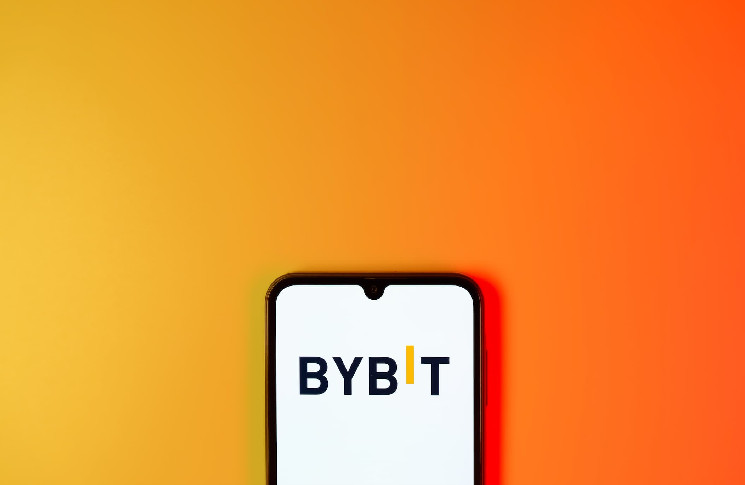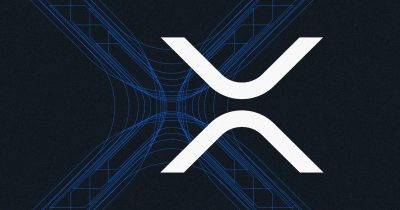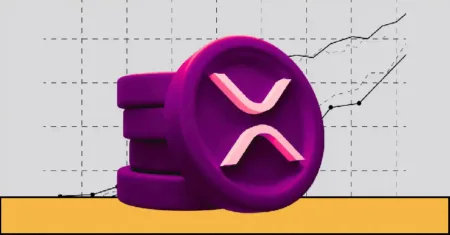Bybit, the world’s second-largest crypto exchange by trading volume, has seen a successful first month in its efforts to transform token staking on Solana (SOL) with bbSOL, the first exchange-backed liquid staking token (LST) on Solana, according to the most up-to-date information disclosed to Finbold on Wednesday, October 9.
Emily Bao, Head of Spot and Web3 at Bybit, described bbSOL’s success as a testament to Bybit’s global reach:
“We are incredibly proud of the community’s enthusiastic response to bbSOL. bbSOL’s success in its first month is a testament to the power of combining Bybit’s global reach with the innovation and agility of decentralized platforms.
With its listing, we’re further expanding accessibility and unlocking even more opportunities for our users to trade and benefit from bbSOL. We look forward to building on this momentum and bringing even more partners into the fold as we continue to shape the future of token staking.”
bbSOL highlights
As the first liquid, exchange-backed staking token (LST) on Solana, bbSOL has attracted attention with innovative marketing and integration across both centralized and decentralized platforms.
bbSOL has been more successful than other exchange-backed staking tokens in terms of total value locked (TVL), emphasizing its growing impact within the Solana ecosystem.
The surge in TVL likewise showcases Bybit’s dedication to offering fresh staking opportunities and driving token adoption.
bbSOL listing on Bybit Spot
bbSOL will be listed on Bybit Spot on October 10, 2024, at 10 AM UTC, becoming available to users across multiple ecosystems.
By introducing Bybit’s centralized exchange to the broader decentralized finance (DeFi) landscape, bbSOL is set to provide a more streamlined experience for token holders.
Alongside its Bybit Spot listing, bbSOL has partnered with Jupiter Exchange, the premier swap aggregator on Solana.
This partnership will boost liquidity options, making bbSOL more versatile and appealing to those looking to trade efficiently within the Solana ecosystem.
Read the full article here









